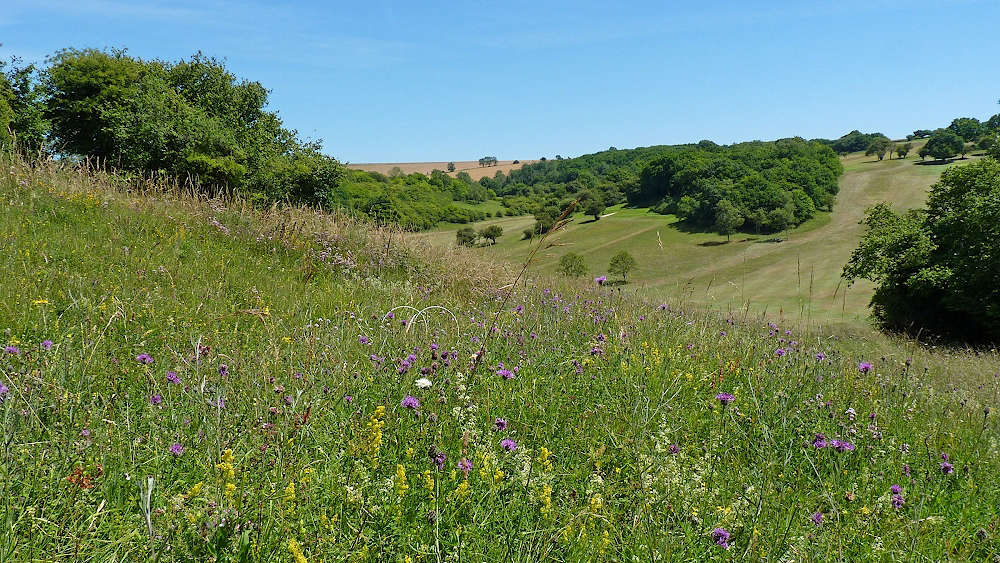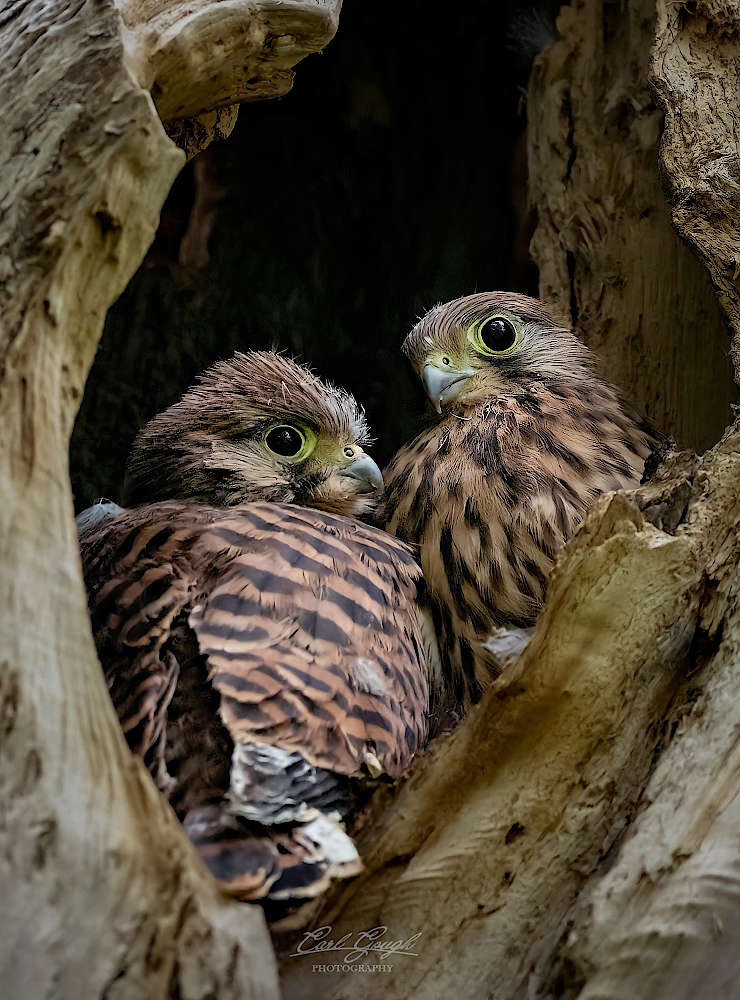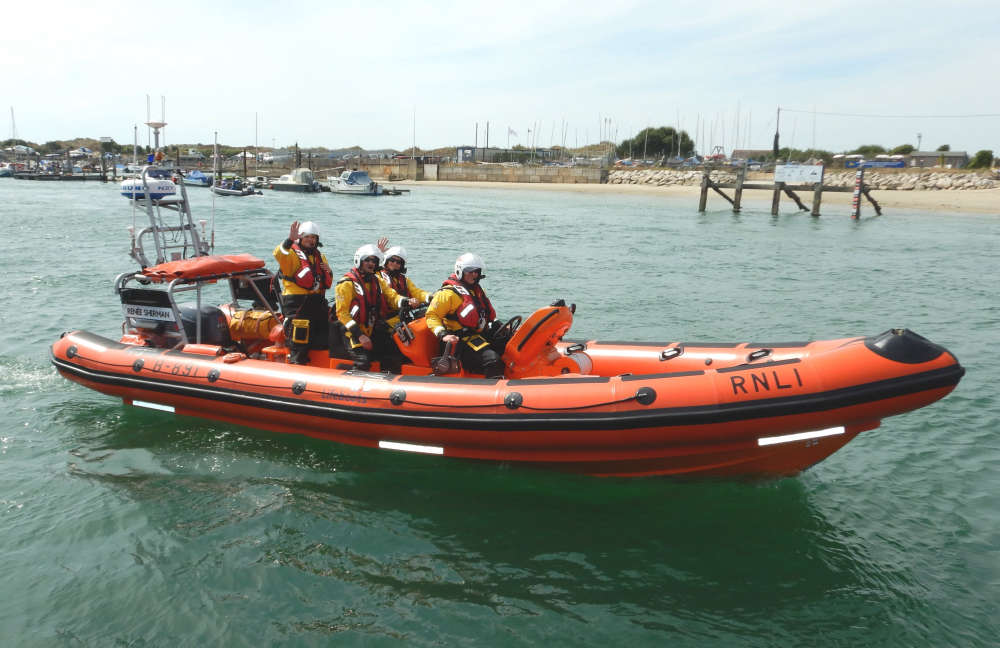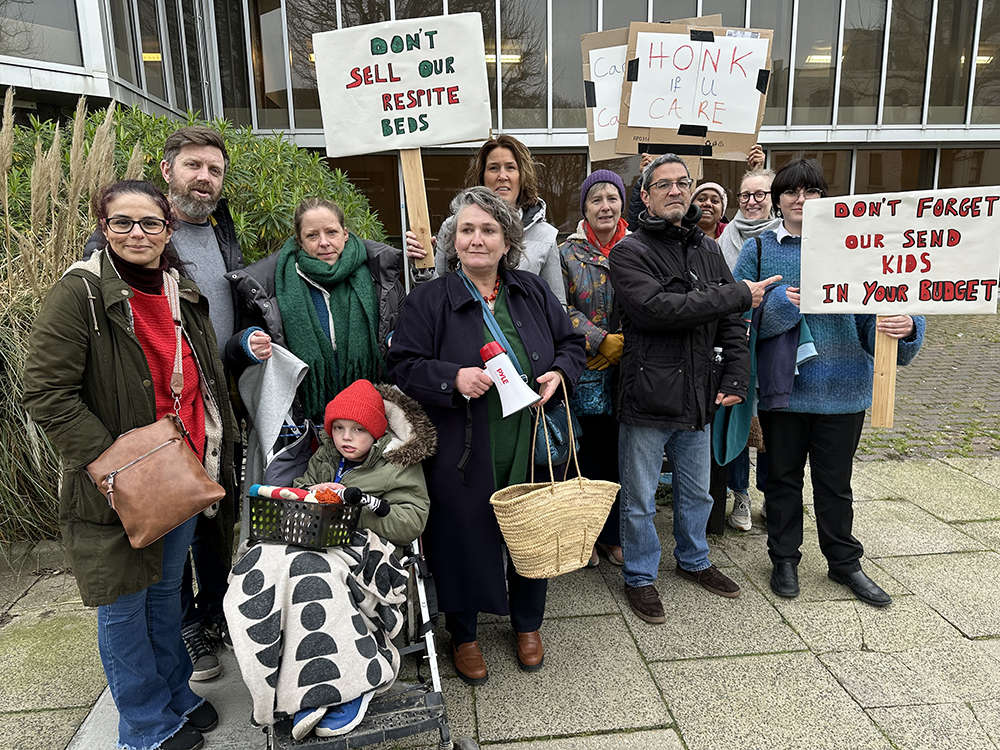
As a detailed new report calls for greater support for nature in National Parks, South Downs leaders have outlined their own approach to encouraging wildlife.
Tim Slaney, interim chief executive of the South Downs National Park Authority, said:
"Nature is in crisis and National Parks need to be at the heart of raising our national ambitions and delivering a future where nature is thriving rather than simply surviving.
"We welcome the spotlight on nature from the Campaign for National Parks’ health check report on nature recovery.
"The report identifies some of the serious challenges facing National Parks across England and Wales as we look to deliver thriving, nature-rich landscapes.
"It mentions a lack of sufficient, consistent and long-term funding, and a lack of power over how land is managed."
He continued:
"That is why we and other National Parks developed Wildlife Delivery Plans and in 2021, we launched our ambitious South Downs ReNature Campaign – 33% by 2030 – in partnership with the South Downs National Park Trust.
"The initiative aims to create 13,000 hectares of new habitat and ensure the remaining 67% of the National Park is nature-friendly through improving existing habitats across farms, woods, rivers, towns and villages."

Since launching its ReNature Campaign, the South Downs National Park Authority and Trust claims to have:
- helped to create over 400 hectares of new wildlife habitat (almost 640 football pitches) to help nature flourish.
- improved 4,312 hectares of existing habitat for nature – an area bigger than the city of Portsmouth.
- created or restored 14 ponds which provide habitats said to be 'crucial' for many wild species.
In addition, national park leaders said that:
- In the last five years over 60,000 trees have been planted across 114 different sites across the National Park as part of the Trees for the Downs initiative.
- More than 66 hectares (106 football pitches) of wildflower habitat has been created for pollinators, such as bees and butterflies, through the Bee Lines project.
- The Heathland Reunited project has successfully conserved and enhanced 23,825 hectares of rare lowland heath.
Tim Slaney continued:
"We know there is still much to be done and we have big plans for the future.
"We are committed to working in partnership with landowners, local authorities, NGOs, businesses, communities, volunteers and the public to deliver for nature, climate and people and we are currently working on over 368 active nature recovery projects with our partners.
"We must remember that nature doesn’t exist in isolation and neither can its recovery. National Parks must deliver on their dual and intertwined purposes to deliver for nature and people.
"Access to nature is a crucial part of the goal to cement nature as a cornerstone in everyone’s lives."
The full report by Campaign for National Parks can be read here: www.cnp.org.uk/health-check-report/


 New Volunteer Launch Authority Officer Sought For Littlehampton RNLI
New Volunteer Launch Authority Officer Sought For Littlehampton RNLI
 Investigation Started Following Unprovoked Attack On Teen Girl In Brighton
Investigation Started Following Unprovoked Attack On Teen Girl In Brighton
 Third Arrest Made In Connection With Fatal Stabbing Of Bexhill Woman
Third Arrest Made In Connection With Fatal Stabbing Of Bexhill Woman
 Investigations Ongoing After Teen Dies In Uckfield Crash
Investigations Ongoing After Teen Dies In Uckfield Crash
 40 Year Old Badly Hurt Following Serious Collision In Brighton
40 Year Old Badly Hurt Following Serious Collision In Brighton
 Mother's Plea For More SEND Support In Brighton and Hove
Mother's Plea For More SEND Support In Brighton and Hove
 West Sussex Service Supporting Children's Mental Health Celebrates Five Years Of Action
West Sussex Service Supporting Children's Mental Health Celebrates Five Years Of Action
 Disruption To Rail Services As Works Get Underway This Weekend
Disruption To Rail Services As Works Get Underway This Weekend
 23 Year Old Suffers Serious Wounds After St Leonards Knife Attack
23 Year Old Suffers Serious Wounds After St Leonards Knife Attack